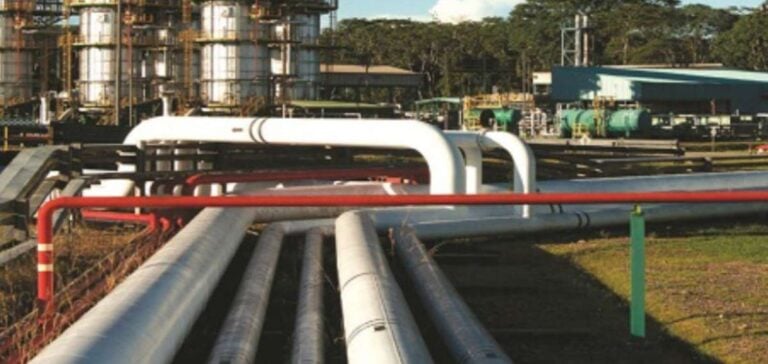The management of the Oleoducto de Crudos Pesados (OCP), a key infrastructure for Ecuador’s oil economy, officially came under state control on November 30, 2024. This transition followed the decision not to renew the contract with the former private operator, OCP Ecuador, a consortium of international investors that had managed the pipeline since 2003.
The Ecuadorian Ministry of Energy and Mines stated that contract extension requests made by OCP Ecuador could not be accepted due to limitations imposed by the hydrocarbons law and the terms of the agreement. This temporary takeover aims to maintain oil operations while preparing for a new international tender process.
A strategic yet underutilized pipeline
Designed to transport up to 450,000 barrels of heavy crude oil per day, the OCP is an essential infrastructure for Ecuador’s crude oil exports. However, in recent years, it has operated below its maximum capacity, transporting around 200,000 barrels per day. This underutilization reflects both market constraints and operational challenges.
In parallel, the OCP coexists with the Sistema de Oleoducto Trans-Ecuatoriano (SOTE), another pipeline directly managed by the state, which remains a central pillar of the country’s oil infrastructure.
An economic and strategic issue
The oil sector accounts for approximately one-third of Ecuador’s state revenue. The OCP plays a crucial role in transporting heavy crude extracted from oil blocks in the Amazon region, operated mainly by Petroamazonas and private companies.
By temporarily taking over the pipeline’s management, the Ecuadorian government aims to preserve export continuity, which is vital for economic stability. In the long term, the upcoming international tender seeks to attract operators capable of optimizing the pipeline’s management while maximizing state revenues.
Opportunities for investors
The upcoming tender process represents a strategic opportunity for energy players, both local and international. Interested companies will need to demonstrate strong technical and financial capabilities to meet government requirements.
This initiative comes amid increased competition from neighboring countries like Colombia and Peru, which are investing in developing their oil infrastructure. By strengthening control over critical infrastructure while opening the door to new investments, Ecuador seeks to maintain its competitiveness and ensure better redistribution of oil revenues.






















